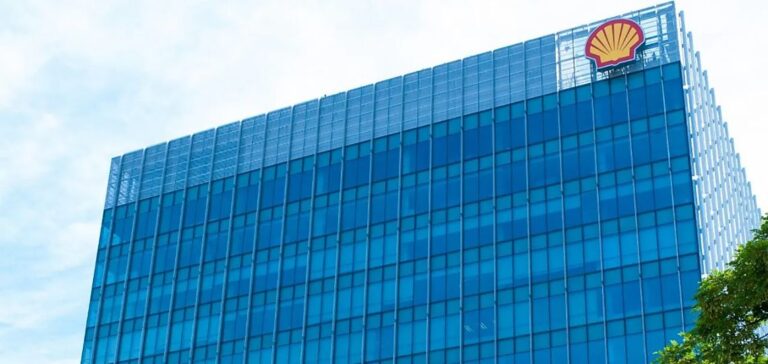The British giant Shell faced a challenging year in 2024, posting a net profit drop of 17%, amounting to $16.1 billion. This decline comes after a record profit in 2022, driven by the surge in hydrocarbon prices. In 2023, Shell had already seen its profits halved, and 2024 did not lead to a significant recovery.
Results Affected by Prices and Margins
The company attributes this decline to several factors, including lower oil prices and reduced margins across its various business segments. Gas prices, which were particularly low at the beginning of 2024, continued to weigh on the group’s results. This decline comes in a context where the war in Ukraine had previously disrupted the European energy market, but a recovery in prices was seen towards the end of the year, notably following the expiration of an agreement on Russian gas transit through Ukraine.
Reduced Climate Goals and Financial Returns
Shell has also adjusted its energy transition strategy, backing away from some of its climate commitments. For example, the group decided not to pursue new offshore wind projects, instead refocusing on its traditional hydrocarbon activities. This move aims to maximize profits in a volatile market.
Profits for Shareholders but Long-Term Uncertainty
Shell’s CEO, Wael Sawan, indicated that a new strategy would be presented on March 25, aiming to balance profitability with emissions reduction. However, some analysts, such as Derren Nathan from Hargreaves Lansdown, emphasize that the company’s financial strength, while enabling a stock buyback program, does not guarantee a stable path given the pressures of the energy transition. Activist shareholders, such as Mark van Baal from Follow This, also point out the potential risk of share devaluation if Shell does not diversify its activities.






















